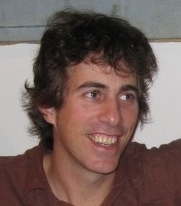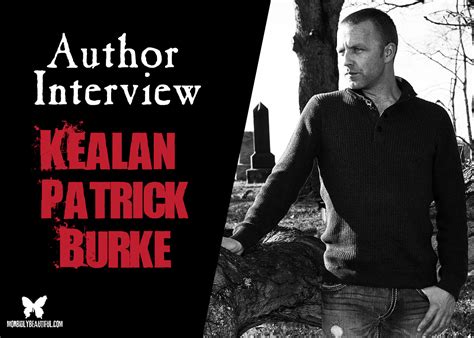A Quote by Laura van den Berg
I lived in Boston for three years, and during that time, I wrote my first collection of stories, 'What the World Will Look Like When All the Water Leaves Us;' other stories that didn't make it into the collection; and several failed novel openings.
Related Quotes
We are shaped by stories from the first moments of life, and even before. Stories tell us who we are, why we are here, and what will become of us. Whenever humans try to make sense of their experience, they create a story, and we use those stories to answer all the big questions of life. The stories come from everywhere--from family, church, school, and the culture at large. They so surround and inhabit us that we often don't recognize that they are stories at all, breathing them in and out as a fish breathes water.
When you lose the story that's running like a golden stream underneath all the other stories, you're left with the idea that the Bible is a collection of random-seeming stories about various Bible characters that we're supposed to learn lessons from - almost like an Aesop's Fables. And a book of rules that God wants us to keep so he will love us. And we lose the glorious truth of the Bible that we were loved before even the beginning of time. That God had a plan. That no matter what, he would never stop loving us.
Any time I put together a story collection, I don't know what it's going to look like overall - or even what the title story is going to be. Over time, I end up with a dozen or so stories, and I start to see a shape to them, how they fit together, and then I write stories that complement or extend that shape.
The only thing better than a superb collection of spinechilling stories, is a superb collection of spinechilling stories accompanied by equally unsettling illustrations, and in that regard, you'd be hard-pressed to find a better example than IN MINT CONDITION: 2013. In reading it, I have discovered writers and artists previously unknown to me who are now very high on my radar, and they should be just as high on yours.
Always tell us where we are. And don't just tell us where something is, make it pay off. Use description of landscape to help you establish the emotional tone of the scene. Keep notes of how other authors establish mood and foreshadow events by describing the world around the character. Look at the openings of Fitzgerald stories, and Graham Greene, they're great at this.




































